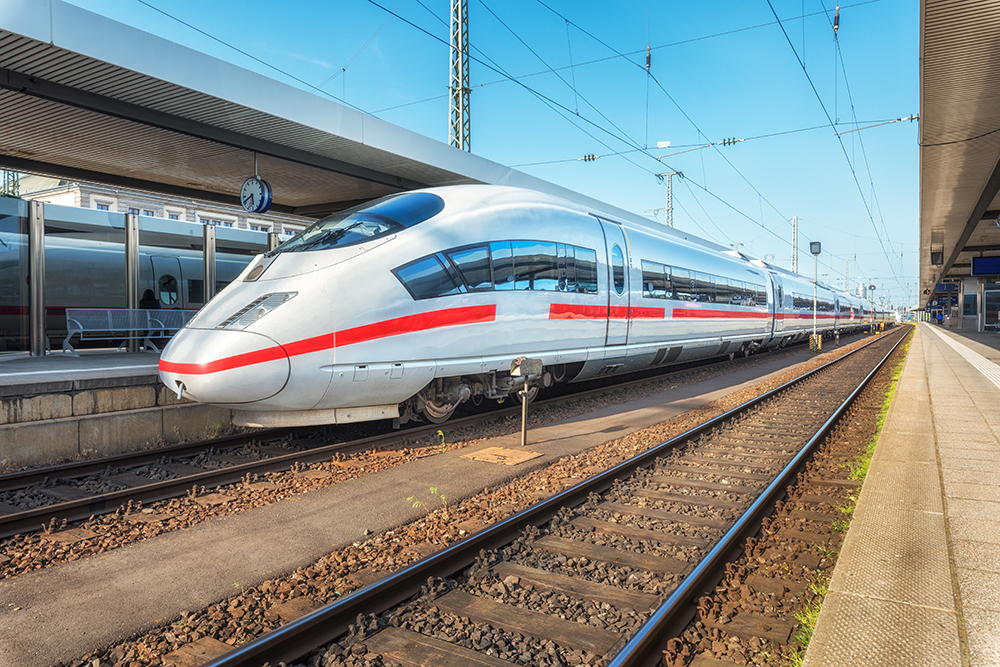White bread has developed a bad name in most developed countries. It is bland, and unhealthy relative to whole wheat bread. Many Canadians with sufficient disposable income now spend an extra few dollars to buy all kinds of artisanal breads, rather than pre-made bread from the grocery store. Many of these same people have come to believe that the spread of mass produced products such as white bread symbolizes a new form of cultural imperialism, that deprives developing countries of their local cultural staples. This view, of course, is disconnected from reality, but it nevertheless has currency with opponents of large scale manufacturing.
Fortunately, I came across a video from Ted Talks, in which Louise Fresco, a former UN director, puts the spread of mass produced bread into context. She points out that while mechanized agriculture is unpopular among many elites, it has drastically increased food production (and lowered costs), while freeing up citizens in developed countries to do other types of work. Moreover, it saves them from the backbreaking labour of manually planting and harvesting crops.
Fresco goes on to point out the errors of the push back against large scale food production:
Now it is not surprising that with this massification and large-scale production, there is a counter-movement that emerged — very much also here in California. The counter-movement says, “Let’s go back to this. Let’s go back to traditional farming. Let’s go back to small-scale, to farmers’ markets, small bakeries and all that.” Wonderful. Don’t we all agree? I certainly agree. I would love to go back to Tuscany to this kind of traditional setting, gastronomy, good food. But this is a fallacy. And the fallacy comes from idealizing a past that we have forgotten about.
If we do this, if we want to stay with traditional small-scale farming we are going, actually, to relegate these poor farmers and their husbands — among whom I have lived for many years, working without electricity and water, to try to improve their food production — we relegate them to poverty. What they want are implements to increase their production: something to fertilize the soil, something to protect their crop and to bring it to a market. It’s a luxury solution for us who can afford it, if you want to afford it. In fact we do not want this poor woman to work the land like this. If we say just small-scale production, as is the tendency here, to go back to local food means that a poor man like Hans Rosling cannot even eat oranges anymore because in Scandinavia we don’t have oranges. So local food production is out. But also we do not want to relegate to poverty in the rural areas. And we do not want to relegate the urban poor to starvation. So we must find other solutions.
I encourage you to watch the full video. It provides much needed perspective in a debate that is too often dominated by well meaning upper class westerners who cannot fathom the struggles of the world’s poorest citizens.


